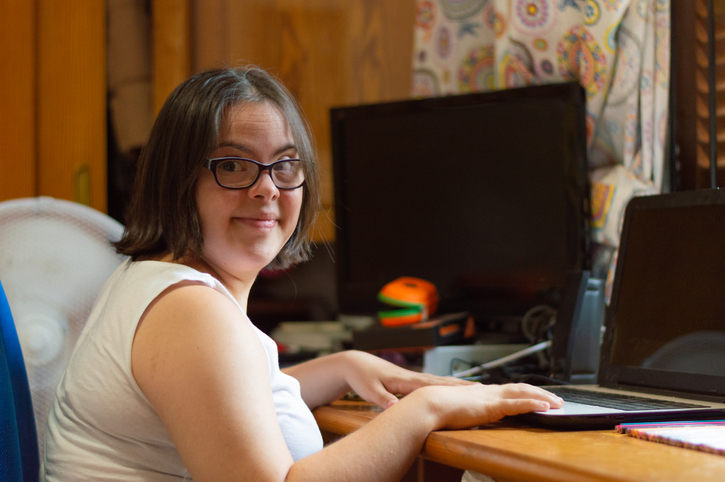Mental health recovery is a complex journey. There are always lots of highs, lows, victories, and setbacks. The most important parts of the recovery journey are regaining independence, confidence, and stability in everyday life. This starts with developing essential life skills.
Skills for Independence
The recovery journey begins with learning fundamental life skills, which empower individuals to navigate life’s challenges with resilience and confidence.
Self-Management Skills:
Effectively managing symptoms: The basis of symptom management is recognising early warning signs, implementing coping strategies, and seeking support. When individuals learn to monitor their mental well-being, they can take proactive steps to reduce symptoms and possibly avoid relapses.
Sticking to medication regimes: Medication management is a crucial aspect of treatment, yet it often poses challenges. Education on the importance of medication adherence, potential side effects, and practical strategies to integrate medication into daily routines helps ensure stability and well-being.
Developing healthy coping mechanisms: Coping skills are essential to build resilience against life’s stressors. Therapeutic interventions and skill-building exercises help individuals develop healthy coping strategies. These include mindfulness, relaxation techniques, and problem-solving skills, allowing people to navigate challenges with resilience and grace.
Social Skills:
Nurturing positive relationships: Social support is so essential for mental health recovery. Effective communication strategies, empathy, and boundary-setting enable individuals to develop healthy relationships and build a supportive network.
Enhancing communication skills: Effective communication is necessary for healthy relationships. Learning assertiveness techniques, active listening, and non-verbal communication helps individuals express themselves appropriately and connect with others.
Mastering conflict resolution: Conflict is inevitable in any relationship but doesn’t have to be detrimental. Learning these skills equips individuals with the skills to navigate conflicts constructively, using negotiation techniques and assertiveness to promote mutual understanding and harmony.
Daily Living Skills:
Prioritising self-care: Basic self-care practices such as personal hygiene are foundational to well-being. Through guidance and practice, individuals develop routines that prioritise self-care.
Cooking skills: Nutrition is important in maintaining optimal physical and mental health. Learning practical meal planning, preparation, and nutrition skills can empower individuals to make informed dietary choices that nourish both body and mind.
Mastering household management: A tidy living space is conducive to productivity and a peaceful mind. Mastering cleaning techniques, organisation strategies, and time management skills helps individuals maintain a clean and healthy environment.
Empowering Financial Literacy
Securing financial stability: Financial well-being is integral to independence. To achieve stability and security for the future, individuals often need guidance on budgeting, saving, debt management, and financial planning.
Goal Setting and Planning
Setting the course for success: Goal-setting provides direction and purpose. By learning to set SMART goals that align with their values and aspirations, individuals can take control of their recovery journey.
Crafting action plans: Goals are attainable through deliberate action. Learning to break down goals into manageable steps and where to seek support and resources helps set up for success.
Embracing accountability: Peer support groups create a culture of accountability and encouragement. It is motivating to see others’ success, and it can help individuals stay motivated and focused on their journey towards independence and fulfilment.
The Recovery College with Bridge Support
The Recovery College supports personal recovery from mental ill-health through learning achievement. We help people focus on what they can achieve, not their limitations.
The college offers a range of courses, workshops and activities. Our courses promote wellbeing by helping our students to develop their skills and realise their abilities. They typically run for six weeks and include subjects such as Reading for Pleasure, Meditation, Maths that Matters, Art, Cooking and Healthy Relationships.
Some students use their lived experience and become course tutors themselves. We call this peer training, and it is an opportunity for past students to give something back, help others, and be role models.
For further information, contact us here.
Further Reading
The Recovery College – A Revolutionary Approach To Mental Health Recovery

